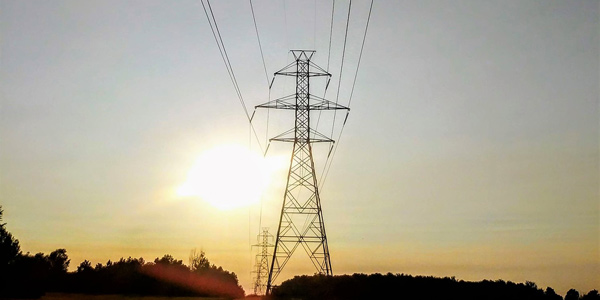By Amanda Durish Cook
After a second full review of the 2011 slate of multi-value transmission projects, MISO has concluded that although project costs are rising, benefits still far outpace them.
MISO said its multi-value project (MVP) portfolio creates anywhere from $12 billion to $52 billion in net benefits. Total portfolio costs have increased from an estimated $5.6 billion during MISO’s 2011 Transmission Expansion Plan to $6.5 billion today.
The findings were part of a mandated, three-year review of the MVP portfolio, included in MTEP 17.
MISO’s MVP portfolio was approved by the RTO’s Board of Directors in 2011 and contains 17 transmission projects designed to cut costs, support regional reliability and broaden access to renewable resources. The RTO said its MVPs currently show benefit-to-cost ratios ranging from 2.2:1 to 3.4:1. MISO only measures benefits for its Midwest region, as MISO South was not yet part of the RTO at the time of project approval. In 2014, the RTO put the benefit-cost measure at 1.8:1 to 3:1.
The results also “reconfirm the MVPs are essential to meeting renewable portfolio standards goals,” said MISO engineer Ben Stearney during a Sept. 27 Planning Advisory Committee meeting. MVPs will allow the delivery of 52.8 million MWh of renewable energy through 2031, supporting states’ renewable energy mandates and goals, he said. Had the project portfolio not been approved six years ago, an estimated 11.3 GW in dispatched wind generation would have to be curtailed in 2026. Wind curtailments in MISO are currently rare, due in large part to the RTO increasing dispatch frequency from one hour to five minutes and introducing its Dispatchable Intermittent Resource type, which allows wind operators to respond economically to dispatch instructions.
Stearney said projected natural gas prices represent the largest difference between the MTEP 14 and MTEP 17 reviews, the latter of which shows much lower prices.
MISO will file the MVP report with FERC in spring.





